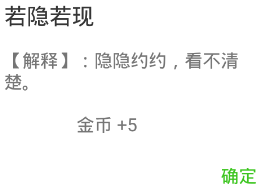见什么若惊成语_成语故事图片
大家猜成语
2021-09-26 14:44
受宠若惊的成语解释
惊石什么成语
若,打一成语
受宠若惊的成语典故
若隐若现的成语典故
打一成语 不知道啊
成语小秀才1405关攻略 成语小秀才 成语升官记1405关答案介绍 游戏吧
这些成语,扎碎了设计师的心
长治又一批车辆被曝光 你的 爱车 上镜了吗
微信成语猜猜看侍郎第6关答案是什么 侍郎第6关带图答案介绍
史上最有趣的看图猜成语,太绝了
疯狂猜成语一个石字一个惊字答案
小学级别的30道成语题,你能答出几个
成语玩命猜两个若答案是什么
看图猜成语 测一测你的语文是不是体育老师教的
小学水平看图猜成语30题,不服来战
成语玩命猜 安卓版3 21答案
字 体 记
谁说诗词只有女子美,男人也可以这么帅
史上最难的看图猜成语,连语文老师都惊呆了 你猜对了几个
成语玩命猜3 21答案
上一篇:成语先斩后什么_成语故事图片
下一篇:成语什么黑论黄_成语故事图片



















